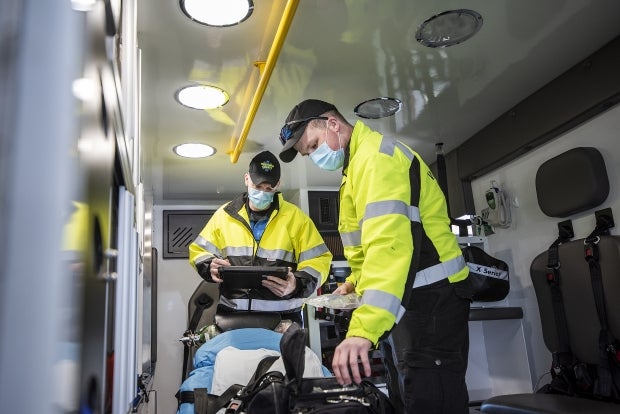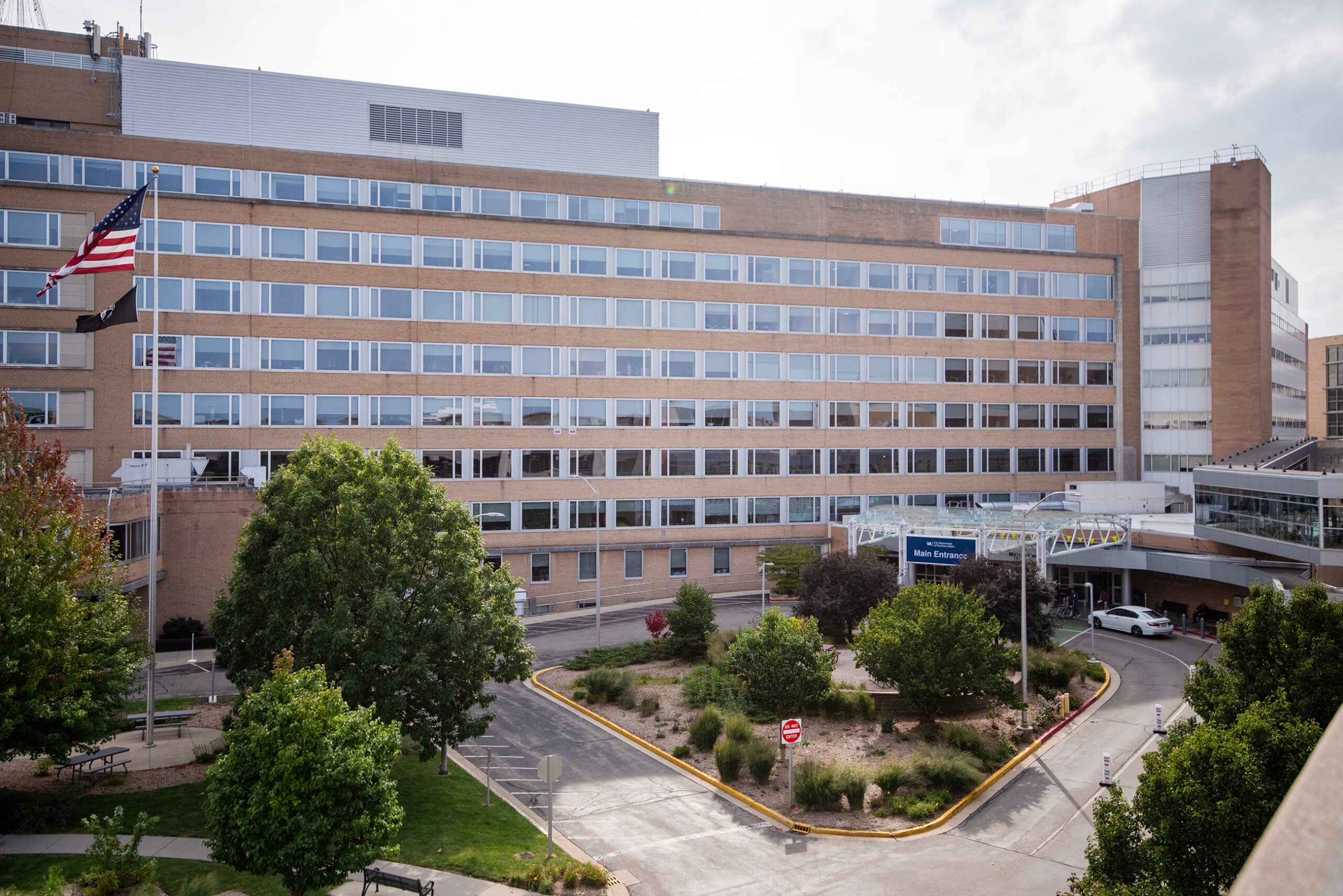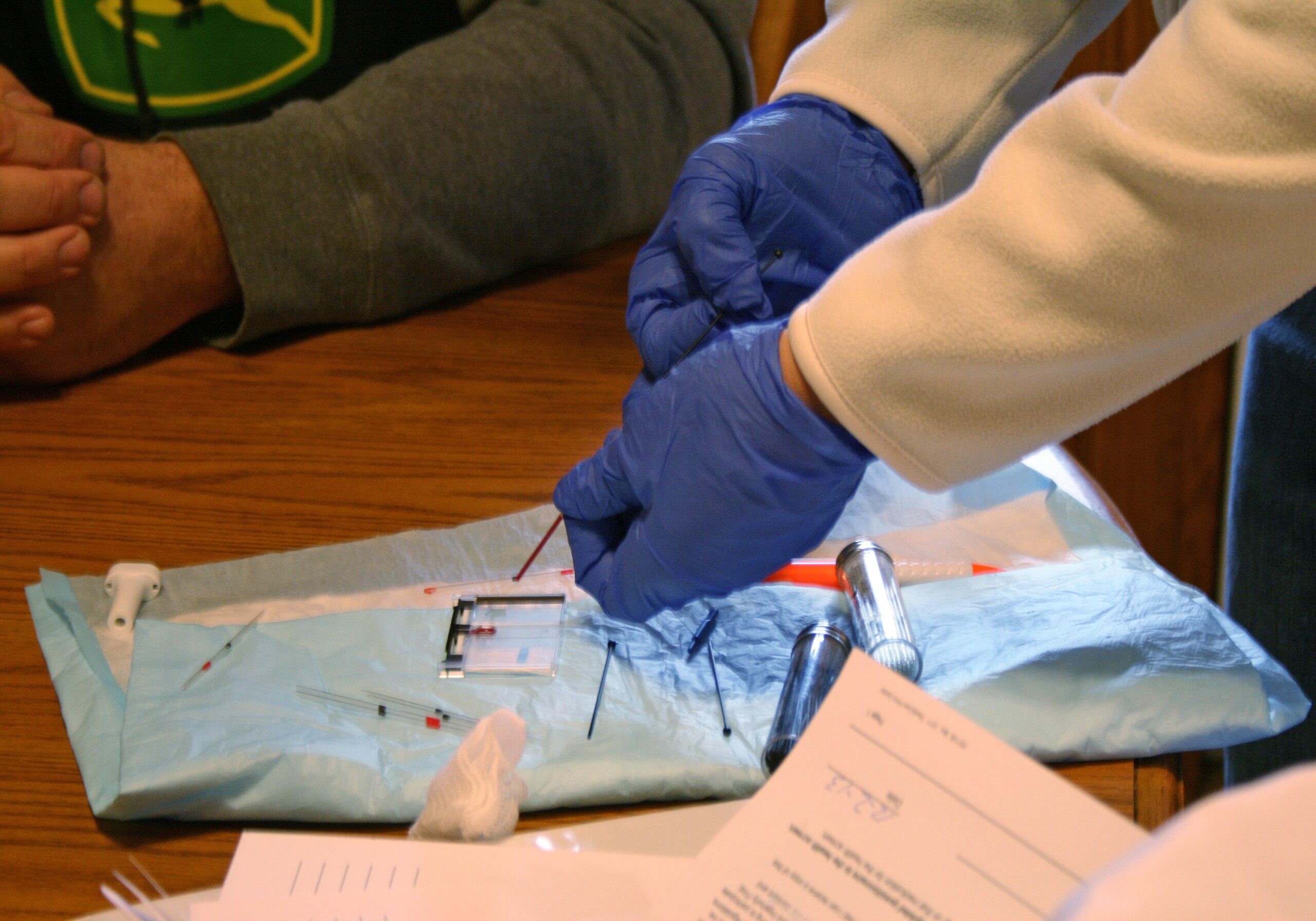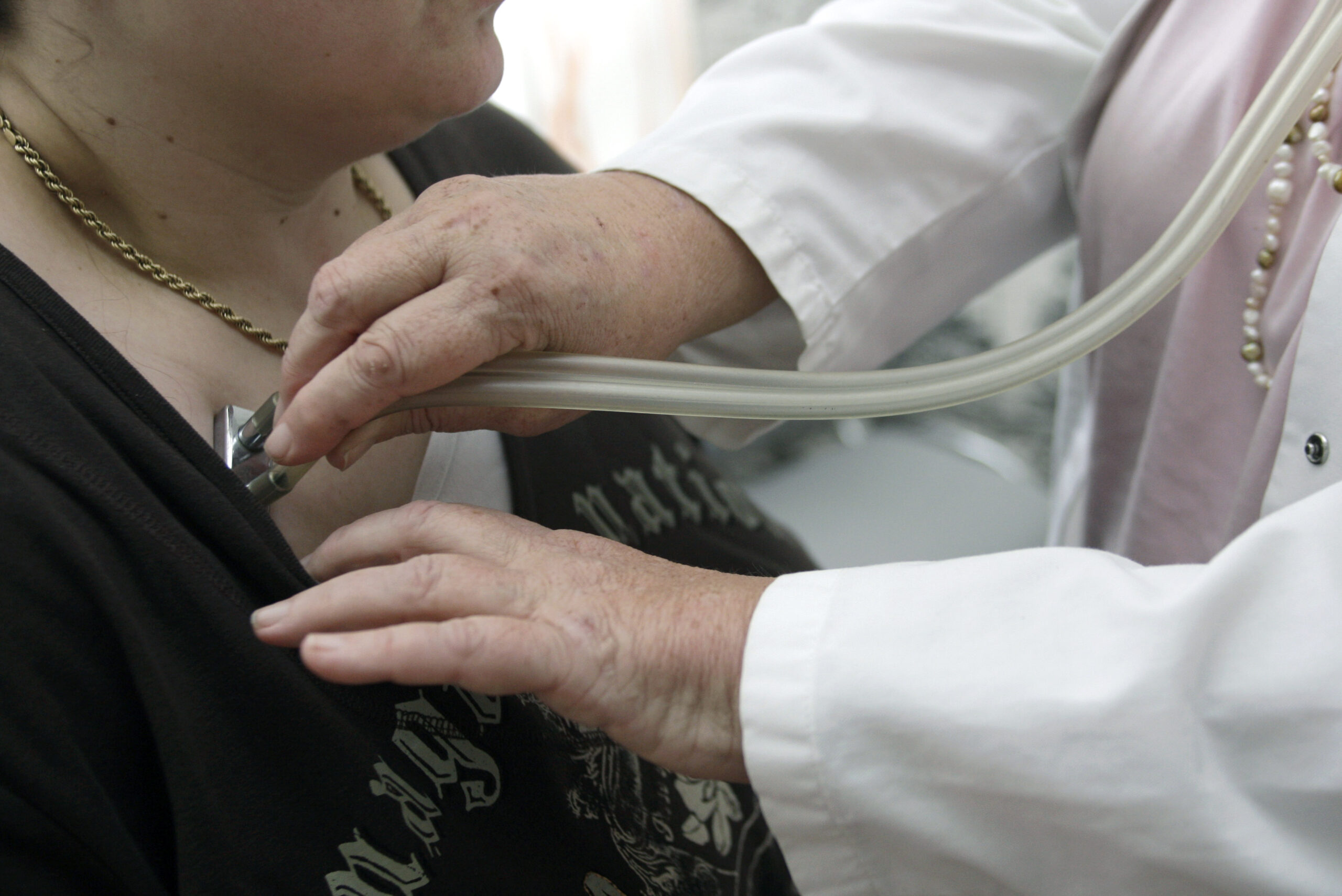As hospitals in Wisconsin struggle to find enough staff, there are veterans with medical training who could potentially help. A bill recently introduced in the state Legislature would allow recent vets to provide limited health care without a license under supervision of a physician, physician assistant, podiatrist, registered professional nurse or advanced practice nurse.
The bipartisan bill sponsored by state Sen. Andre Jacque, R-Green Bay, comes as hospital staff face pandemic fatigue, retirements and an increase in patients while the Midwest sees a rise in COVID-19 infections.
In Wisconsin, as of Monday, there were 1,432 patients hospitalized with COVID-19, a level not seen since mid-December of last year. In Michigan, hospitalizations are at a record high and the federal government is sending doctors and nurses to that state.
News with a little more humanity
WPR’s “Wisconsin Today” newsletter keeps you connected to the state you love without feeling overwhelmed. No paywall. No agenda. No corporate filter.
“People are burnt out,” said Sauk Prairie Healthcare CEO Shawn Lerch, who noted that in communities across the state, “there’s this feeling of ‘We’re just moving on’” even as a new variant of the disease, omicron, is found across the globe and could be soon be in the United States.
Lerch supports proposed legislation that would allow recent veterans of the U.S. Army, Navy, Air Force and Coast Guard who have medical training to provide limited care without a license while being supervised. The training of Army medics and Navy corpsman provides a comparable baseline to a year and a half of nursing school, Lerch said.
Hospitals in Wisconsin are currently relying heavily on travel nurses and staffing agencies which can provide other health care workers. One of those staffing agencies, Premier Medical Staffing Services, is run by a Milwaukee woman who also operates the nonprofit Heroes for Healthcare.
Laura Hanoski, president of Heroes for Healthcare, said she supports the legislation, which would start a program similar to one operated in the state of Virginia called the Military Medics and Corpsmen Program.
“What (the bill) does is free up a group of people that taxpayers and our communities have already invested in. And (these vets) can come back and be vital individuals in our communities, helping during this time of need,” said Hanoski.
Such programs seek to match veterans employment and education goals with a hospital or clinic that can help pay for additional training required to get a license to provide more advanced medical care.
Under the proposed Wisconsin legislation, military medical personnel would sign a memorandum of understanding detailing their scope of practice and establish a timeline to acquire a license from the Medical Examining Board, the Podiatry Affiliated Credentialing Board, the Physician Assistant Affiliated Credentialing Board or the Board of Nursing.
Wisconsin Public Radio, © Copyright 2025, Board of Regents of the University of Wisconsin System and Wisconsin Educational Communications Board.







